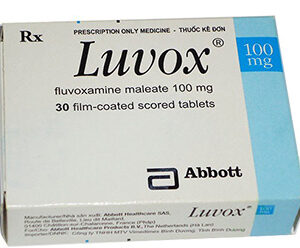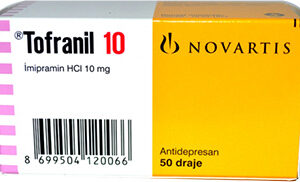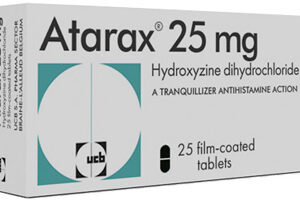Buspar, also known by its generic name buspirone, is a medication used to treat anxiety disorders. It belongs to a class of drugs called anxiolytics, which work by affecting certain chemicals in the brain to reduce anxiety. Buspar is available in tablet form and is typically taken orally. It is commonly prescribed for generalized anxiety disorder (GAD) and may be used as a long-term treatment option.
Buspar is not a sedative or a benzodiazepine, making it a preferred choice for those seeking an alternative to more commonly prescribed anti-anxiety medications. Unlike benzodiazepines, Buspar does not cause physical dependence or withdrawal symptoms upon discontinuation. It may take several weeks for the full effects of Buspar to be noticeable, so it is important to follow the prescribed dosage and continue taking it as directed by your healthcare provider.
What to Avoid When Taking Buspar
Before starting Buspar, it is crucial to inform your healthcare provider about any allergies you may have, especially if you have had an allergic reaction to buspirone in the past. Individuals with hypersensitivity to buspirone or any of its components should not take this medication.
Buspar should be avoided if you are taking monoamine oxidase inhibitors (MAOIs) or have taken them within the past 14 days. MAOIs can interact with Buspar and cause serious side effects such as high blood pressure, hallucinations, and seizures. It is essential to allow enough time for MAOIs to clear from your system before starting Buspar.
Buspar and Your Health
While Buspar is generally well-tolerated, it may cause some side effects. Common side effects of Buspar include dizziness, nausea, headache, and nervousness. These side effects are usually mild and transient, resolving on their own as your body adjusts to the medication. It is important to consult your healthcare provider if these side effects persist or worsen over time.
In rare cases, Buspar may cause more serious side effects such as chest pain, rapid heartbeat, confusion, or allergic reactions. If you experience any of these symptoms while taking Buspar, seek immediate medical attention. It is worth noting that individual responses to medication can vary, and not everyone will experience the same side effects.
Buspar Dosing
Buspar is typically started at a low dose and gradually increased based on individual response and tolerability. The usual starting dose is 7.5 mg taken twice a day. The total daily dose should not exceed 60 mg. Your healthcare provider will determine the appropriate dosage for you based on your medical history and current condition.
If you miss a dose of Buspar, take it as soon as you remember. However, if it is close to the time for your next scheduled dose, skip the missed dose and continue with your regular dosing schedule. Do not double up on doses to make up for a missed dose.
In the event of an overdose, seek immediate medical attention or contact a poison control center. Symptoms of Buspar overdose may include drowsiness, nausea, vomiting, dizziness, and difficulty breathing. Taking more than the prescribed dose of Buspar can be dangerous and should be avoided.
Buspar and Other Medications
It is essential to inform your healthcare provider about all medications, herbal supplements, and vitamins you are taking before starting Buspar. Certain medications may interact with Buspar and can potentially increase the risk of side effects or affect the way Buspar works in your body.
Buspar should not be taken in combination with MAOIs, as mentioned earlier. Additionally, use caution when taking Buspar with drugs that affect liver enzymes, such as rifampin or erythromycin, as they may alter the metabolism of Buspar and lead to increased levels in the body.
Other medications, such as selective serotonin reuptake inhibitors (SSRIs), certain antifungal agents, and certain HIV medications, may also interact with Buspar. It is important to discuss all potential drug interactions with your healthcare provider before starting or stopping any medications.
FAQ
-
Can Buspar be used during pregnancy?
Buspar should only be used during pregnancy if the potential benefits outweigh the potential risks to the fetus. It is important to discuss the risks and benefits with your healthcare provider.
-
Can Buspar be taken with alcohol?
It is advisable to avoid consuming alcohol while taking Buspar. Alcohol can enhance the sedative effects of Buspar and may increase the risk of side effects.
-
Can Buspar be addictive?
No, Buspar is not considered to be addictive. It does not cause physical dependence or withdrawal symptoms upon discontinuation.
-
Can Buspar be taken with food?
Buspar can be taken with or without food. However, taking it consistently in the same manner (with or without food) is recommended for optimal absorption and effectiveness.
-
Can Buspar be used in pediatric patients?
Buspar is not approved for use in pediatric patients. Its safety and effectiveness in children have not been established.





Reviews
There are no reviews yet.